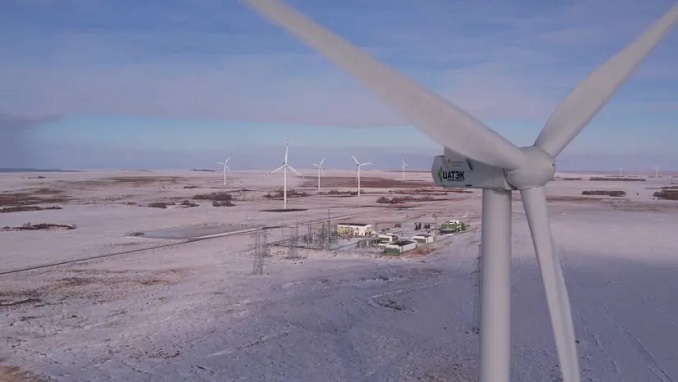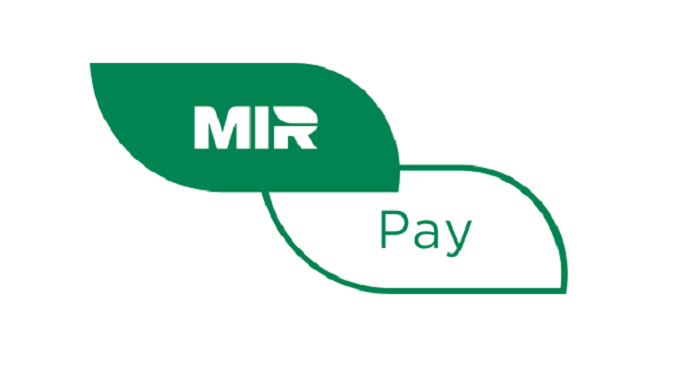Back in 2022, Kazakhstan has set an ambitious goal to reach carbon neutrality by 2060, counting on its abundance of sun and wind in its green energy transition. During the preparatory stages, the country enjoys the support of the Asian Development Bank (ABD).
Kazakhstan’s current portfolio in ADB, which is helping with the country’s energy transition, includes, among other things, several grants and non-sovereign projects supporting climate mitigation and adaptation.
Among the projects ADB supported, per the bank’s representative quoted by MenaFN, is the development of the 100-megawatt M-KAT solar power plant and the 50-megawatt Baikonyr solar power plant.
The ADB, which contributed to Kazakhstan’s new Carbon Neutrality Strategy 2060, said that it will support the institutional development, policy reforms, and regional energy cooperation of Kazakhstan through integrated approaches, all in line with the bank’s new Energy Policy approved in 2021.
The ADB representative pointed out that the bank’s staying true to the commitments under its Strategy 2060, the Sustainable Development Goals, and the Paris Agreement.
As Asia and the Pacific’s climate bank, ADB intends to continue providing financing and knowledge solutions to mitigate climate change – including the planned phase-out of coal- to develop renewable energy, and to promote energy efficiency.
Kazakhstan has brought the share of renewable energy in its total electricity production to 4 percent in recent years and green electricity is supplied to the national grid since the government now guarantees its redemption from enterprises for 20 years and indexes tariffs.
With 29 wind turbines with a total capacity of 100 megawatts, Astana Expo 2017 is one of the biggest wind power plants in the country producing green energy.
Citing studies that confirm that the wind energy potential in Kazakhstan is about one trillion kilowatt hours per year, Bagdat Oral, Chairman of CAEPCO JSC, explains that their Astana wind farm produces about 300 million kilowatt-hours a year, which commensurates with the consumption of about 80,000 residential apartments.
As Nurlan Kapenov, Board Chairman of the Qazaq Green Association, explained, Kazakhstan has had a system of electronic auctions to attract investment in the renewable energy sector since 2018.
The fact that more than 200 companies from 9 countries of the world have taken part in these electronic transparent auctions, signing over 60 contracts, means that Kazakhstan attracts international investors into green energy.



